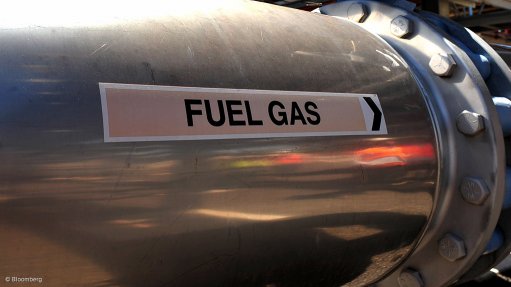
Photo by: Bloomberg
PERTH (miningweekly.com) – The Australian Petroleum Production and Exploration Association (Appea) has welcomed news that the Council of Australian Governments (COAG) Energy Council had rejected the need for national interventions through a gas reservation policy.
In its second meeting note, the Energy Council noted that the transformation occurring in Australian gas markets presented unheralded economic opportunities for the Australian economy and added that timely reforms would ensure these opportunities were maximised for the good of all Australians.
However, the council said that there was no need for national interventions such as national gas reservation as solutions to pressures in the eastern gas market. Instead, it said that there were opportunities to improve the function of the gas market and remove impediments to supply.
Appea CEO David Byers said on Friday that policies such as the national gas reservation policy should “rightly be consigned to the dust bin”.
“Advanced economies underpinned by competitive markets, such as Australia, should not rely on one industry to subsidise another. The benefits of freer markets and freer trade have been accepted by successive Australian governments and indeed by all developed economies.”
Byers called on the Western Australia government, which was the only state to employ a reservation policy, to abolish the policy, saying that the costs imposed on the economy outweighed any perceived benefits.
“The gradual removal of market distortions has delivered significant economic benefits to the nation. The COAG Energy Council should be congratulated on its stance as interventions such as domestic gas reservation or a national interest test would only serve to reverse those gains.”
Byers said removing regulatory burdens restricting exploration and production of natural gas, particularly in Victoria and New South Wales, was the clear pathway forward to bringing on more gas supply.
“That goal should override all other considerations in an already open and competitive market.”
The council meets twice a year to discuss the challenges facing the energy and resources sectors in Australia, discuss the progress of existing reforms and to agree the forward work programme for future reforms.
At the last meeting, the council discussed the emerging challenges to the energy market under six themes, namely reducing investment uncertainty, securing the benefits of technological change, enhancing a national approach, improving energy use decisions, accelerating market transformation and issues around productivity and development.